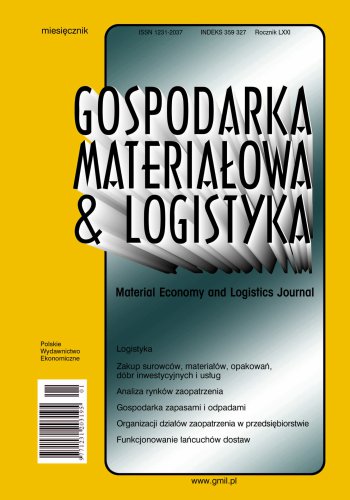Most of the world's population now lives in cities. There are well known problems of contemporary cities existence, such as pollution, safety, congestion. These problems has to be solved, otherwise city population may decide to leave it, which would cause a city death. One of possible ways to faith with these problems is by using city logistics. There is also a new concept of ecocities, developed by Richard Register from USA. An ecocity is a human settlement that enables its residents to live a good quality of life while using minimal natural resources. It has special rules for designing its infrastructure. For example its buildings make best use of sun, wind and rainfall to help supply the energy and water needs of occupants. Generally multistory to maximize the land available for green space. The goods which are produced in a ecocity has to be designed for reuse, remanufacture, and recycling. The industrial processes used in producing goods involve reuse of by-products, and minimize the movement of goods. It has a labour intensive rather than a material, energy, and water intensive economy, to maintain full employment and minimize material throughput. There are also special kind of logistics, which we may need to keep ecocity alive. They are described in this paper.
Keywords: eco-city; logistics; sustainable development

